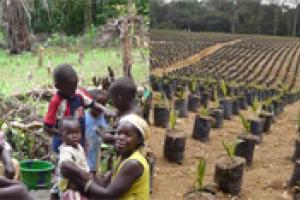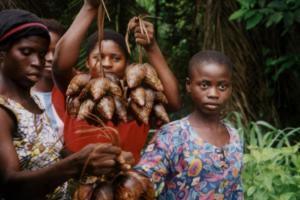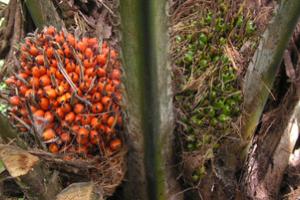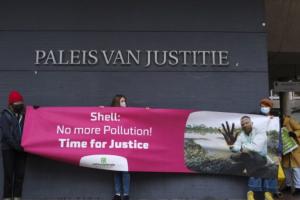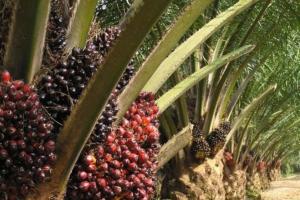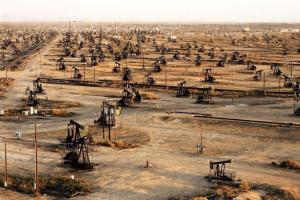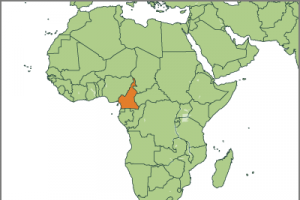Also available in French
We, members of communities affected by industrial monoculture oil palm plantations, including peasant movements, as well as other civil society organizations from Africa, Europe, the Americas and Asia, and signatories to this declaration, met from 2 –5 November 2013 in Calabar, Cross River State, Nigeria,
Nigeria
Bulletin articles
31 October 2013
Introduction / Background
Bulletin articles
11 September 2013
Bulletin articles
30 April 2013
While land grabbing is generally associated with the taking over of land for large scale monoculture plantations, grown for export-crops or conservation projects like REDD, the Ogoni people in the Niger Delta have faced another form of land grab – the loss of their territories, traditional lands, fertile mangrove and river systems to the oil companies that have been devastating the region for decades.
Other information
27 February 2013
On January 30, a Dutch court ruled that the Anglo-Dutch transnational corporation Shell is responsible for polluting the Niger delta, affecting heavily the lives of people at Ikot Ada Udo in Akwa Ibom State. Shell must clean up the oil pollution, compensate those affected and prevent further leaks from occurring. This case is unique because for the first time a Dutch multinational had to respond in front of a Dutch court for the acts of one of its subsidiaries.
Bulletin articles
27 February 2013
The Singapore based agribusiness giant Wilmar - is expanding its operations in Africa. It already has approximately 50,000 hectares of oil palm plantations in Ivory Coast, Uganda and Ghana. More recently it has expanded to Nigeria going into a joint venture with PZ Cussons to set up huge extensions of oil palm plantations in Cross River State in the south east region of the country while promising the creation of thousands of job opportunities.
Other information
30 December 2012
Fossil fuels have driven current modes of civilisation for over one and a half centuries. Coal, crude oil and gas enabled the world to shift from humans and animals as energy generators to machines that opened the highway to endless consumption. Crude oil appears cheap because the real costs are externalised. Today, with the days of easy oils ending we are seeing a push into extraction in deep waters and fragile ecosystems.
Bulletin articles
30 July 2011
Mangrove is a thriving and fragile ecosystem that depends on other nearby ecosystems – the river and salt marshes. In turn, the health of the sea and of coral reefs depends on a healthy mangrove. Everything is connected.
Other information
30 December 2010
West Africa used to be the centre of the palm oil industry. The export of palm kernels began in 1832 and by 1911 “British” West Africa alone exported 157,000 tonnes of which about 75 percent came from Nigeria. In the 1870s, British administrators took the plant to Malaysia and in 1934 that country surpassed Nigeria as the largest exporter of the product. By 1966, Malaysia and Indonesia had surpassed Africa’s total palm oil production.
Other information
31 October 2010
With a population of some 150 million people, the Nigerian economy has been relying for more than 50 years on oil extraction by foreign large corporations - with Shell at the top - in the Niger Delta remote region of mangrove creeks.
